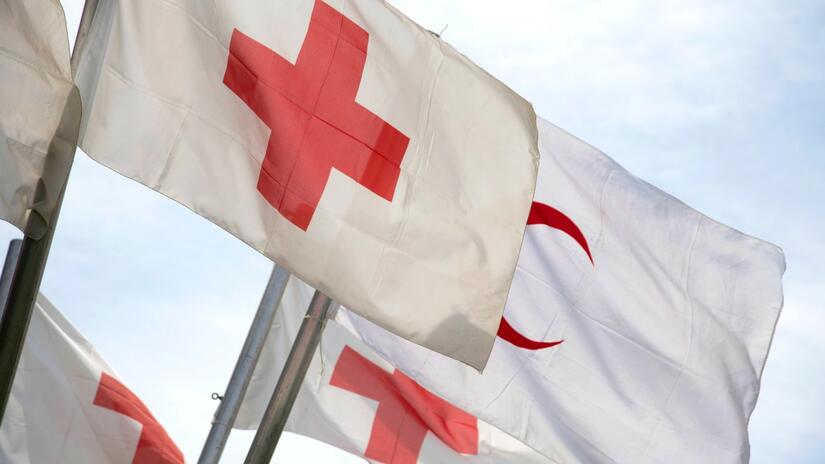The International Red Cross and Red Crescent Movement is a global humanitarian organisation comprising approximately 16 million members and volunteers. It provides aid and protection to people affected by disasters, armed conflicts, or health and social crises, always in a neutral and impartial manner.

It is composed of :
National Societies embody the Movement’s Fundamental Principles, acting as auxiliaries to public authorities in their respective countries. They deliver a wide range of services, from disaster response to health and social programmes, and support civilian populations in times of armed conflict.
The Movement’s actions are guided by seven Fundamental Principles:
To prevent and alleviate human suffering and promote peace and understanding.
To provide aid without discrimination based on nationality, race, religious beliefs or social status.
To refrain from taking sides in hostilities or engaging in controversies of a political, racial, religious or ideological nature.
To remain autonomous while respecting national laws and always acting in accordance with the Red Cross Principles.
To offer help freely and without personal gain.
There can be only one Red Cross or Red Crescent Society in any given country, and it must be open to all.
All Societies have equal status and share equal responsibilities and duties in helping one another.